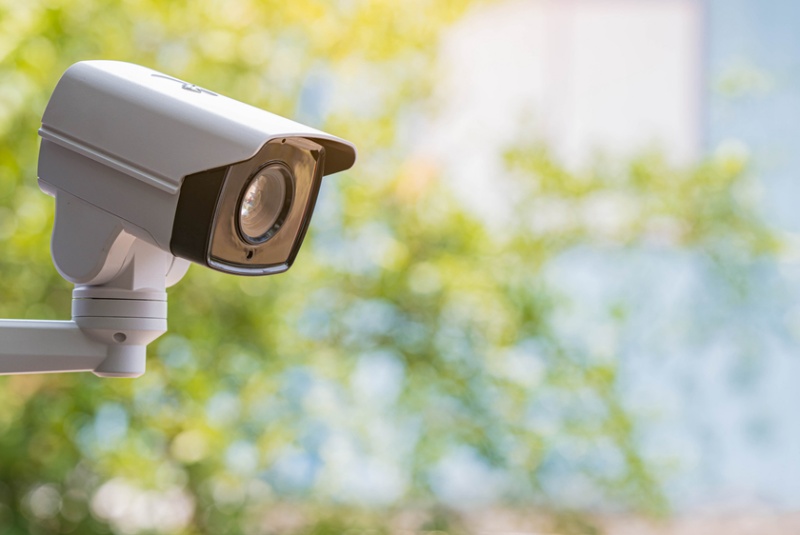Moving into your first apartment is an exhilarating milestone in life. This new beginning, however, comes with its own set of financial responsibilities that can be overwhelming. Managing these expenses wisely is essential to maintain a comfortable living space without breaking the bank. Here are some effective strategies to help you save money in your first apartment.
1. Budget Wisely Your first step should be to set a realistic budget, which includes not only the rent but also utilities, groceries, transportation, personal items, and a contingency fund. Use free online budgeting tools to help manage and track your spending. Make sure you don't spend more than 30% of your income on rent, as advised by financial experts.
2. Choose the Right Apartment Where you live plays a significant role in how much you'll end up spending. If possible, consider a smaller apartment or one in a less trendy neighborhood to cut costs. Also, look for energy-efficient apartments as they can significantly reduce your utility bills. Additionally, having a roommate can help split the costs, making your living situation more affordable.
3. Limit Energy Use Reducing your energy consumption is an easy way to lower your monthly bills. Simple changes such as unplugging electronics when they're not in use, using energy-saving light bulbs, and limiting air conditioning or heating can yield significant savings. In addition, consider investing in a programmable thermostat to manage your home's temperature more effectively.
4. Cook at Home Dining out frequently can quickly eat into your budget. By cooking at home, you can save a considerable amount of money each month. Planning your meals, using a shopping list, and buying groceries in bulk can further reduce your food costs.

5. Be Frugal with Furnishing Furnishing your first apartment doesn't have to be expensive. Consider buying second-hand furniture or accepting hand-me-downs from family and friends. Many great finds are available at thrift stores or online marketplaces. Also, instead of buying, consider DIY projects or upcycling to give old items a new life.
6. Limit Subscription Services Subscription services can sneakily consume a significant portion of your budget. Be selective about your subscriptions, keeping only those that provide real value. Whether it’s cable TV, streaming services, or fitness apps, only maintain subscriptions that you regularly use and enjoy.
7. Plan for the Unexpected Life is unpredictable, and unexpected expenses can crop up at any time. Establishing an emergency fund will provide a financial safety net for unforeseen situations like a job loss or medical emergency. A good rule of thumb is to save at least three to six months' worth of living expenses.
8. Be Smart About Transportation Depending on where you live, owning a car can be a significant expense, with costs for insurance, gas, and maintenance. If possible, use public transportation, walk, or bike to work to save money. Carpooling is another great option that not only saves on costs but is also environmentally friendly.
Saving money while living in your first apartment may seem challenging at first, but with these practical strategies, you'll be on your way to financial stability. Remember that every little bit counts, and the habits you form now can have a lasting impact on your financial health for years to come. The key is consistency, discipline, and a commitment to living within your means.




